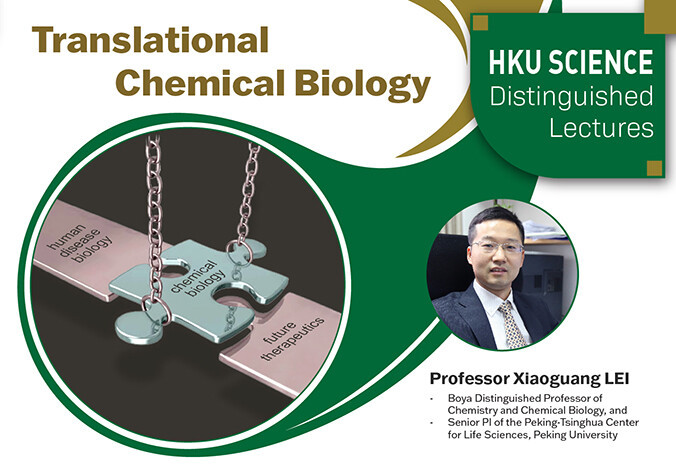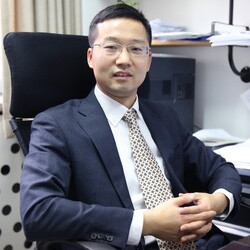Speaker Professor Xiaoguang LEI
Boya Distinguished Professor of Chemistry and Chemical Biology, and Senior PI of the Peking-Tsinghua Center for Life Sciences, Peking University
Professor Xiaoguang Lei obtained BS in chemistry from Peking University in 2001 and a PhD in organic synthesis from Boston University under the supervision of Professor John Porco in 2006. Then he conducted postdoc work in bioorganic chemistry with Professor Samuel Danishefsky at Columbia University from 2006 to 2008. In early 2009, he returned to China. He started his independent career as a Principal Investigator and Director of the Chemistry Center at the National Institute of Biological Sciences (NIBS) in Beijing. In early 2014, he received a tenured full professorship from Peking University and moved to the College of Chemistry at Peking University. Now he is the Boya Distinguished Professor of Chemistry and Chemical Biology and a senior PI of the Peking-Tsinghua Center for Life Sciences.
Professor Lei’s primary research areas are chemical biology, natural product synthesis, synthetic biology, and drug discovery. He has published more than 140 original research papers, including Cell, Nature, Science, etc., and obtained 20 granted patents for new drug discovery. He has developed four “first-in-class” drug candidates, and one of them has started Phase II clinical trials in USA and China since 2022.
Professor Lei has received many prestigious awards, including the 2023 Sackler Chair Visiting Scholar Award in Israel, the 2022 Molecules Tu Youyou Award, the 2022 Xplore Prize, the 2021 Boehringer-Ingelheim Senior Investigator Award, the 2020 Bayer Investigator Award, the 2018 David Ginsburg Award in Israel, the 2017 Tetrahedron Young Investigator Award, the 2017 Swiss Chemical Society Distinguished Lectureship Award, the 2015 Chemical Society of Japan Distinguished Lectureship Award, the 2014 Roche Young Investigator Award, the 2013 International Chemical Biology Society (ICBS) Young Chemical Biologist Award, the 2013 Servier Young Investigator Award in Medicinal Chemistry, and the 2010 IUPAC Young Chemist Award, etc. Since 2017 he has served as an editor for Bioorganic & Medicinal Chemistry.




20230427-Prof Xiaoguang Lei.jpg)
